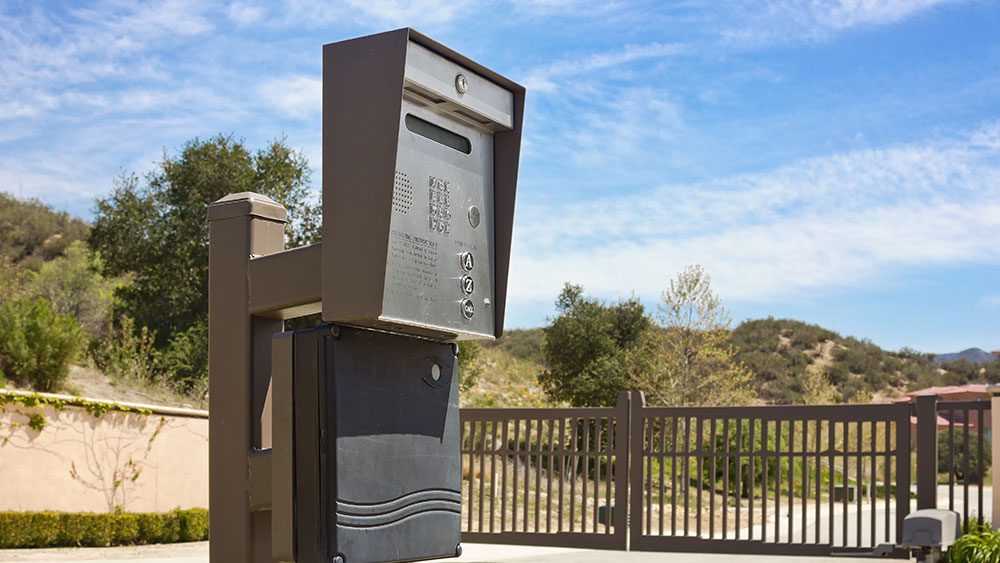A gated community is a residential area set apart from its surrounding neighborhood, town, or city by fences and gates. It essentially serves as a separate neighborhood within its walls, featuring amenities such as parks, swimming pools, and sometimes even shopping centers or schools for a self-sustained living experience.
Access is strictly controlled within these communities, permitting only residents and guests to enter freely through the gates. Non-residents and uninvited visitors cannot gain entry without permission. This strict regulation of incoming and outgoing traffic is often managed by security guards or a technologically controlled system that keeps records of people entering and leaving the community, providing an added level of safety and security.
Furthermore, these communities are overseen by homeowners’ associations that maintain the communal amenities, enforce the residential rules, and often foster a sense of community among the residents.
Manned and Unmanned Gated Communities
Gated communities can be broadly classified into two types: manned and unmanned. While the former employs security personnel for enhanced security, the latter relies on automated systems for access control. Despite their variance, all gated communities typically share three common characteristics: well-defined residential buildings, a homeowners’ association, and restricted street access.
Overall, gated communities offer a unique living experience that merges a sense of exclusivity with community living.
Exploring the Pros of Living in a Gated Community
Living in a gated community offers numerous advantages that attract many homebuyers. These communities often blend beauty, comfort, and security into one appealing package. Here are a few key benefits:
- High-Security Level: Perhaps the added security is the most significant advantage of living in a gated community. The controlled entry points ensure that only residents and approved visitors can access the community, reducing the risk of burglary and vandalism.
- Increased Privacy: Gated communities offer an additional layer of privacy. As these residential areas limit public access, you’ll likely experience reduced traffic, less noise, and fewer disturbances.
- Access to Amenities: From swimming pools and gyms to playgrounds and clubhouses, many gated communities offer their residents top-notch amenities. Some even feature golf courses or community parks, enriching the lifestyle for residents.
- Enhanced Property Value: Homes within gated communities often retain their value well and may appreciate faster than non-gated communities. This is primarily due to the added security, maintained aesthetics, and quality amenities these communities offer.
- Strong Neighborly Bonds: The shared amenities and common spaces in a gated community promote social interaction between neighbors, fostering a close-knit community.
Unveiling the Cons of Living in a Gated Community
While gated communities offer a unique blend of privacy, security, and luxury, they’re not without downsides. Here are some potential challenges you might face:
- Higher Costs: The luxurious features and added security in gated communities come with a price. Residents generally pay higher prices for the properties and are often subject to additional homeowners’ association (HOA) fees that cover the upkeep of the community and the various amenities.
- Restrictive Rules: Gated communities usually have strict rules and guidelines for their residents, often enforced by an HOA. These rules can extend to the exterior aesthetics of your home, noise levels, and even the number and types of pets you can have.
- Limited Accessibility: Strict security measures can inconvenience guests and deliveries. Your visitors may face problems gaining access, and delivery services might also face delays or restrictions.
- Potential for Isolation: The exclusiveness of a gated community can sometimes lead to isolation from the broader community outside the gates. While this may not be troublesome, others may feel detached from the local culture and community.
- Possible Complacency Regarding Security: While gated communities are associated with heightened security, they’re not crime-free zones. Residents may develop a false sense of security and inadvertently expose themselves to crimes by taking fewer precautions.
As with any significant decision, it’s important to balance the potential downsides against the benefits before deciding to live in a gated community. Finding a living situation that aligns best with your personal preferences, lifestyle, and financial capabilities is essential.
Comparing Property Values: Gated vs. Non-Gated Communities
Property values differ significantly between gated and non-gated communities. While numerous factors influence these values, one key component is often the perception and desirability of the property.
Gated Communities
Homes in gated communities typically command a premium in the housing market. This price difference results from several benefits these communities offer heightened security, luxury amenities, and a marked sense of exclusivity. A 2016 study found that homes in gated communities cost $30,000 more on average than those in non-gated neighborhoods. However, these properties also carry heavier financial obligations, including higher homeowners’ association fees and possible special assessments.
Non-Gated Communities
Non-gated communities provide more diversity in housing options and usually have fewer restrictions. While homes in these areas may not have the credibility of a ‘premium neighborhood,’ they often offer greater affordability, flexibility, and accessibility, leading to high property values in their own right.
Bearing this in mind, it’s crucial to remember that the worth of a property is subjective and depends on what the buyer values more – either the prestige of a gated community or the freedom of a non-gated neighborhood.
As always, potential homebuyers should do their due diligence, researching their targeted neighborhood, consulting with professionals, and considering their needs and preferences before purchasing a home.
Closing Points
Gated communities offer a distinctive lifestyle characterized by enhanced security, exclusivity, privacy, and unique amenities. They seek to provide an environment that blends luxury and convenience in one package. However, these communities also present several cons to consider, like higher costs, strict association rules, and potential feelings of isolation.
Non-gated communities, while potentially less exclusive, provide flexibility and a more diverse housing experience. The property values in these communities may be lower, but they can offer more affordable and unrestricted living options.
Ultimately, living in a gated versus a non-gated community boils down to an individual’s lifestyle choices, preferences, and financial capabilities. Before making a move, potential homebuyers should carefully assess the advantages and disadvantages of each type of community and consider how these align with their personal expectations and needs.
© 2024 xpertRealtyMarketing.



